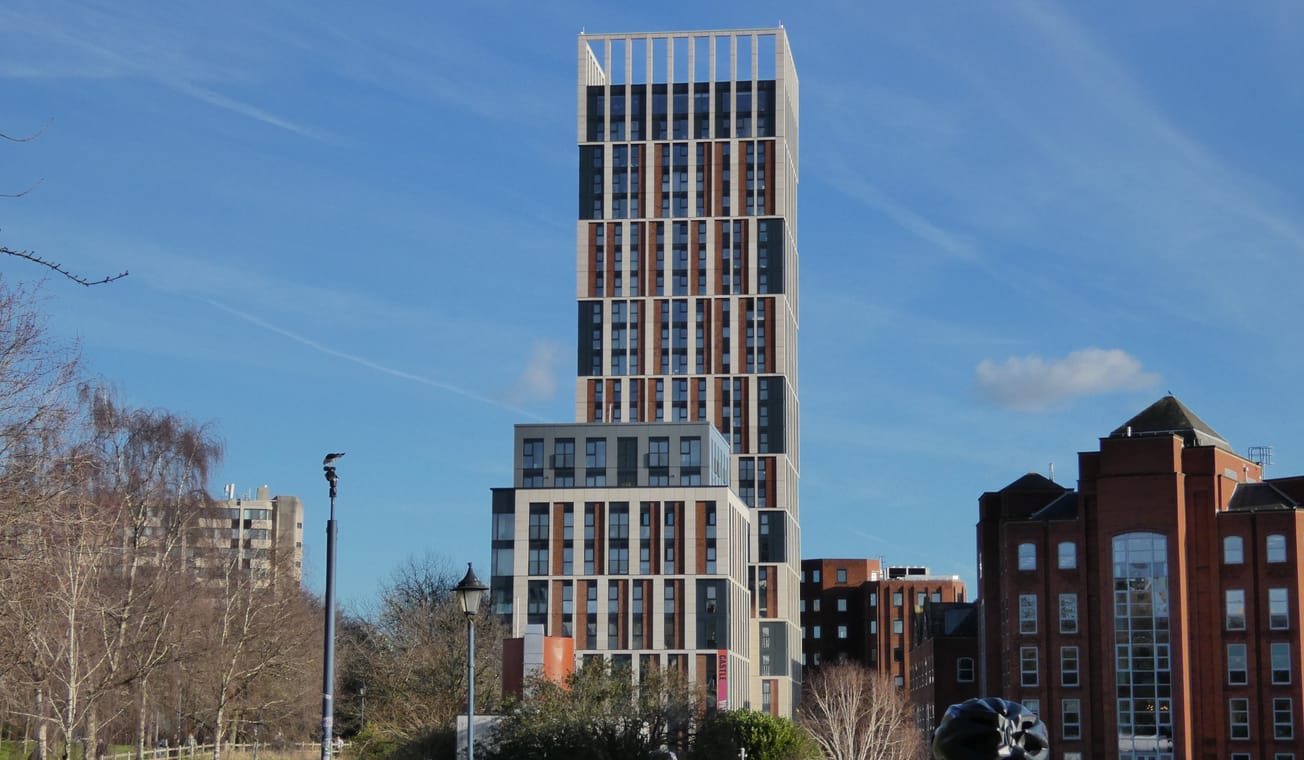By Jasmine Cundiff, First Year Law and German
The economic and social damage caused by the pandemic has undeniably presented challenges to individuals and business as they navigate lockdown restrictions. As a result of economic hardship caused by the recession, many individuals have been confronted with uncertainty surrounding legal issues, including their employment rights or their rights as a tenant. Thus, they have found themselves in a position where they need legal advice and yet, they are not in a position to be able to afford access to it.
This points to the integral role of pro-bono work in providing vulnerable individuals with access to free legal advice, particularly during this critical time. Ryan MacMahon, Student Director of the University of Bristol Law Clinic confirms that the Law Clinic has successfully stepped up to the challenges posed by the pandemic, thanks to the efforts of all staff, including Louise Chalice and Liz Brealey.
#StudentVolunteeringWeek pic.twitter.com/vW3WwzrzIM
— The University of Bristol Law Clinic (@bris_lawclinic) February 14, 2019
Remote collaboration and virtual engagement with clients have not changed the fundamental principles of volunteering at the law clinic. When asked about the nature of enquiries, Ryan drew attention to the increase in housing and employment cases. Regarding the volume of enquiries, Ryan added that students are currently working on 232 active cases, meaning the clinic is on track to meet and possibly exceed last year’s case load, which is particularly impressive, given the altered working conditions that staff and students have had to adapt to.
The Clinic has retained the provision of a year-round service for its clients, providing the most vulnerable in the community with the security that they can access legal advice throughout the year. To facilitate a year-round service, 122 of the 232 active cases are being carried on from the previous academic year and around 45 cases were being processed by outgoing third years over the summer. The dedication and commitment of both current and outgoing students has enabled the clinic to meet its goal to ‘Provide a professional and year-round service’ for clients.
Of course, the clinic has also faced the inevitable challenges that come with remote working and social distancing. When asked about the general experience of volunteering at the Law Clinic, Ryan noted it has been a particular challenge to maintain a sense of community, an issue which has been prevalent across numerous working and learning environments.
Students are currently working on 232 active cases, meaning the clinic is on track to meet and possibly exceed last year’s case load.
However, the Law Clinic has implemented several measures such as online events, weekly bulletins and zoom drop-in sessions to facilitate regular communication amongst members, which mitigates the challenges that come with the absence of a common work space.
It is acknowledged that those who cannot access technology and the internet from their homes will inevitably find it difficult to access legal advice provided remotely. The past few months have highlighted the digital divide across society, whereby digital poverty concerning competency and access to devices has unfortunately hindered access to justice, as operations become increasingly digitalised out of necessity.
To rectify this issue, the Law Society has supported the implementation of innovative software which increases engagement amongst those with lower technical competencies. Such measures may potentially become more prevalent across a wider range of pro-bono law centres in the coming months and years.
Very proud to announce the Law Clinic raised a whopping £455 for @CLIC_Sargent! A huge thank you those who donated to our raffle and all the local businesses for their support through donating prizes! We could not have done it without you all! pic.twitter.com/aHNrDv8SQi
— The University of Bristol Law Clinic (@bris_lawclinic) April 3, 2019
However, the opportunities provided by remote working cannot be overlooked. Ryan pointed out that geographical distance is no longer a significant barrier to being able to take on a client’s case. Members have benefited from the flexibility that comes with remote working, having been able to work on cases from anywhere in the world, including locations such as Hong Kong. The possibility of referrals has given the Clinic the opportunity to deepen its collaboration with its partners across Bristol, including Mind, Clic Sargent and the Wellspring Settlement project.
Remote working has presented challenges but also opportunities, and the Law Clinic has adapted accordingly. In times of uncertainty, it is certain that pro-bono legal advice will remain an essential service as we process the fallout of the pandemic.
Featured Image: Epigram / Noa Blane Damelin









